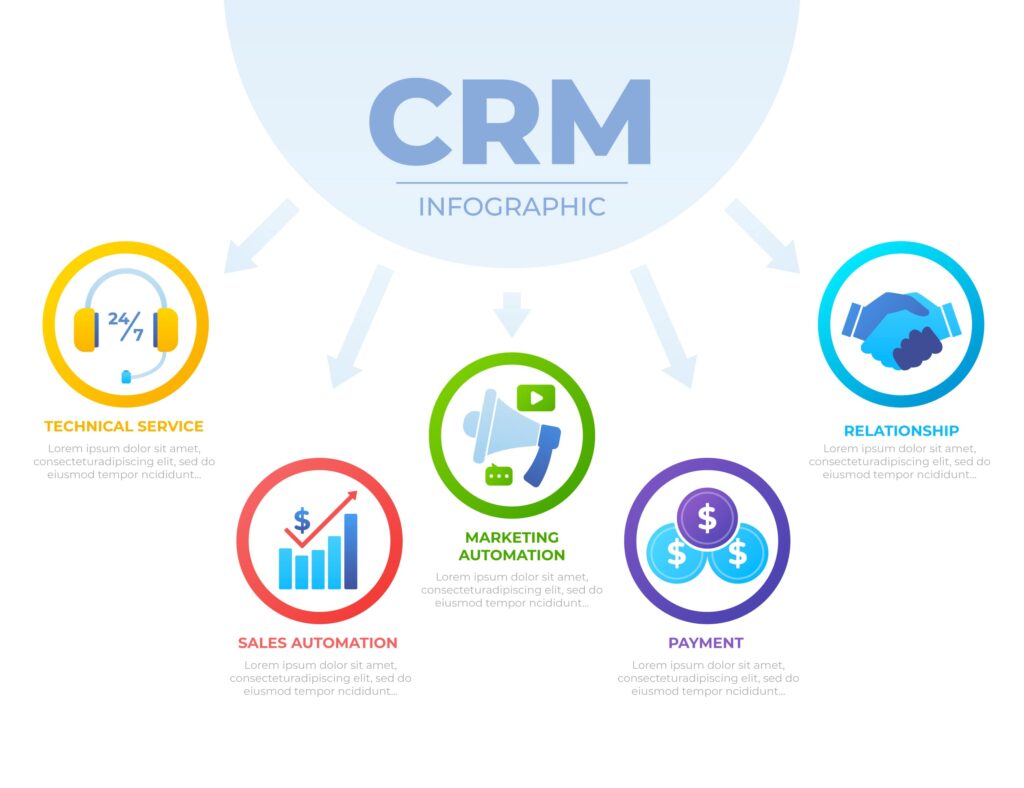Customer Relationship Management (CRM) is an essential tool for businesses to build and maintain strong relationships with their customers. A well-designed CRM system can help a company increase its sales by providing valuable insights into customer behavior, preferences, and needs. In this article, we will explore how CRM can help you increase your sales and how you can optimize your CRM strategy for better results.
Understanding your customers
CRM can help you understand your customers better by collecting and analyzing data from various sources such as social media, customer feedback, and sales history. By doing so, you can identify patterns and trends in customer behavior, preferences, and needs. This information can help you tailor your sales approach to better meet the needs of your customers.
For example, if you notice that a customer has been purchasing a particular product repeatedly, you can recommend similar products that they may be interested in. By doing so, you can increase the chances of a sale and build trust with your customers.
Identifying new opportunities
CRM can also help you identify new sales opportunities by analyzing data from your customer interactions. For example, if a customer reaches out to your customer service team with a question, you can use that opportunity to cross-sell or up-sell products or services.
CRM can also help you identify customers who may be interested in new products or services that you are launching. By segmenting your customers based on their preferences and behavior, you can target them with personalized marketing messages that are more likely to result in a sale.
Improving customer retention
Customer retention is essential for businesses to maintain long-term relationships with their customers. CRM can help you improve customer retention by providing you with insights into customer satisfaction levels, feedback, and complaints.
By addressing customer issues promptly and effectively, you can improve customer satisfaction levels and reduce the likelihood of losing customers. You can also use CRM to send targeted marketing messages and promotions to customers who have not made a purchase in a while to incentivize them to come back.
Optimizing your sales process
Finally, CRM can help you optimize your sales process by providing you with data and analytics on your sales performance. You can use this data to identify bottlenecks in your sales process and make changes to improve efficiency.
For example, if you notice that your sales team is spending a lot of time on administrative tasks, you can automate those tasks to free up more time for selling. By streamlining your sales process, you can reduce costs, increase productivity, and ultimately increase sales.
Optimizing your CRM strategy for better results
To get the most out of your CRM system, there are several best practices you should follow:
- Define your goals: Before implementing a CRM system, define your sales goals and what you want to achieve with the system. This will help you select the right CRM software and customize it to your needs.
- Use automation: Automate repetitive tasks such as data entry and follow-up emails to free up more time for your sales team to focus on selling.
- Personalize your interactions: Use the data from your CRM system to personalize your interactions with customers. This can help build trust and increase the chances of a sale.
- Segment your customers: Segment your customers based on their behavior and preferences to target them with personalized marketing messages that are more likely to result in a sale.
- Analyze your data: Regularly analyze the data from your CRM system to identify trends and patterns in customer behavior. Use this information to make data-driven decisions and optimize your sales process.
In conclusion, CRM is an essential tool for businesses looking to increase their sales. By understanding your customers, identifying new opportunities, improving customer retention, and optimizing your sales process, you can use CRM to drive growth and increase revenue. By following best practices and continually analyzing your data, you can optimize your CRM strategy for better results





